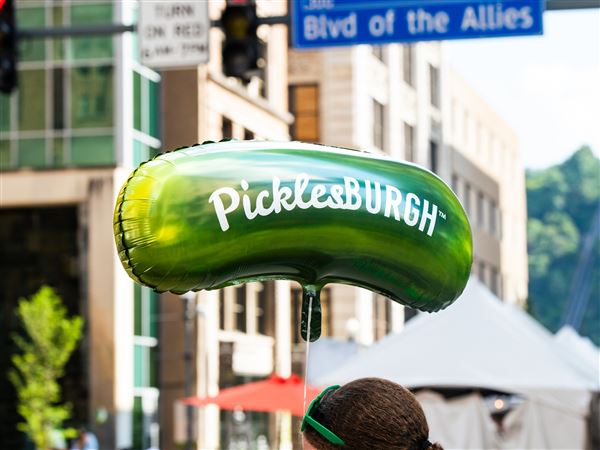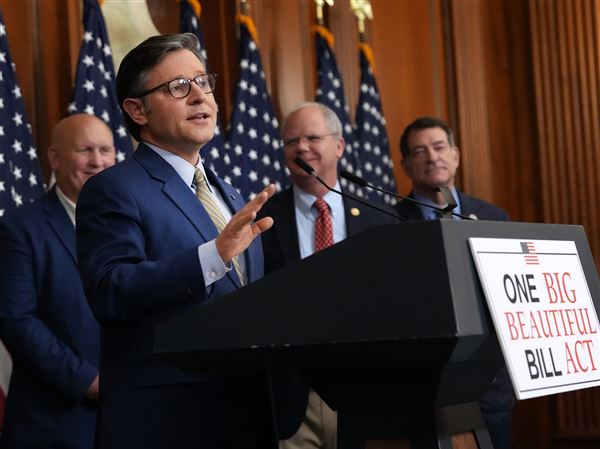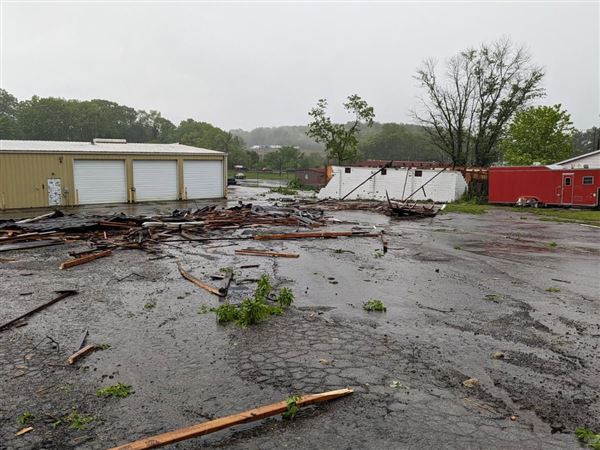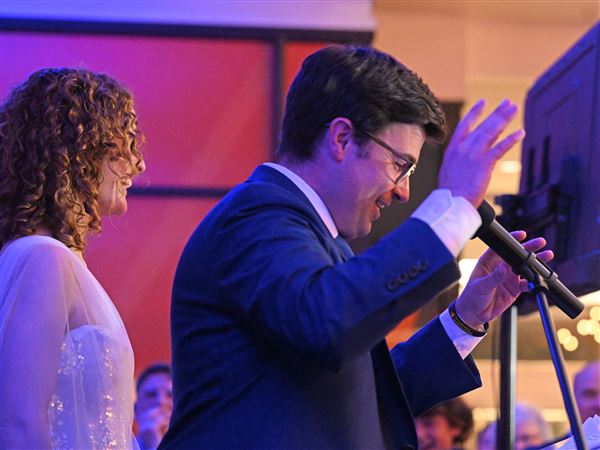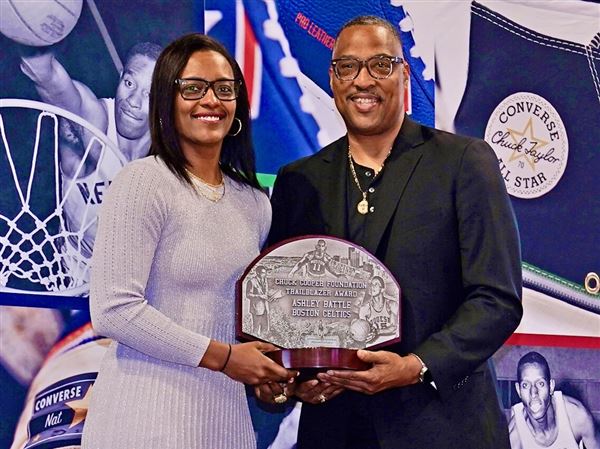HARRISBURG -- On its face, the state budget framework announced last week looks like a significant victory for Republican lawmakers.
Though Gov. Tom Corbett indicated he was willing to raise state spending somewhat higher than the $27.14 billion offer he outlined in February, in the end he didn't meet Republican legislative leaders in the middle -- he agreed to the exact budget figure that passed the Senate.
That deal -- reached a few days earlier than Mr. Corbett's first budget last year -- put the governor in such a pleasant mood that he joked with reporters on the way to his final powwow with GOP leaders.
So what led the governor who cut nearly $1 billion last year to now restore half of that figure?
While negotiators continue to be guarded in the details of that framework as program amounts are finalized and rank-and-file members are briefed, it appears that a late-breaking revenue influx and a pair of administration policy priorities strengthened the legislative hands in those talks.
Mr. Corbett and administration officials had acknowledged for weeks that state revenues had been on the rise since his winter budget address.
However, the role that those figures would play remained unclear even in early June, with the governor not letting on how many of his proposed cuts were poised to be reversed.
In a June 7 interview with Harrisburg-based Radio PA, he described the $27.66 billion plan approved by the Senate the month prior as "too high" and "a ceiling."
"I have to say that we have seen some improvement in receipt of revenues, so I'm looking for some areas that I can put money back into the budget, but I don't believe I can go as high as the Senate and the House," Mr. Corbett told the interviewer.
Asked about that benchmark during Wednesday evening's brief budget announcement, the governor eventually pointed to increasing tax collections as influencing his stance. On Friday he had more to say.
"Things have looked a little better -- not a lot better -- but a little better for Pennsylvania," Mr. Corbett said at the Republican State Committee's summer meeting in Hershey.
"Revenues are much better than where we thought they would be at this time of year, and we think that they're going to get better. ... We're going to be able to put money back in over my projection and it's going to help people in many, many different parts of the commonwealth."
When Mr. Corbett proposed his budget in early February, state revenues for the current year were about $500 million below estimates. Since then, the state has collected more revenue than projected each month except May, putting it in position to be less than $300 million short when the new fiscal year begins July 1.
February's collections netted $15.6 million more than anticipated, another $94.7 million more rolled in during March, and April's statement showed the state received $98.9 million more than expected. That changed in May, when the commonwealth missed its target by $43.8 million.
As budget negotiators hit their final stretch, they got welcome news: Tax collections for June were expected to surpass estimates by $100 million.
That news was "a significant factor" in bringing the Corbett administration on board with the amount of spending supported by the Legislature, said Senate Appropriations chairman Jake Corman, R-Centre.
While the House has not yet approved a budget, Republican leaders in each chamber agreed on a compromise plan based on the Senate's spending figure.
That left a $500 million gap between the administration and GOP lawmakers, which the revenue uptick also helped shrink by allowing estimates for next year's tax collections to be increased.
As lawmakers gained evidence to support their interest in maintaining current funding for universities, school districts and social services, Mr. Corbett was drumming up support for creating a tax incentive to lure Shell Oil Co.'s ethane-processing "cracker" plant.
Though not revealing the final size of that tax credit, initially proposed for $66 million annually over 25 years, the governor did confirm Wednesday evening, after turning from the podium to confer with lawmakers, that the tax credit is part of the deal.
That incentive for Shell has been on the governor's to-do list for June since word of the proposal first leaked out earlier this month. Accompanying it were reforms to education and corrections that also appear headed for votes this week.
That's a longer policy list than his late-June request last year for a bill further limiting school property tax hikes, which lawmakers didn't approve until hours before the budget deadline.
"A lot of that stuff we are doing anyway," Mr. Corman said of the administration's legislative requests. "There aren't really any huge, heavy lifts we wouldn't have gotten done."
But having the revenue boost in June may have helped spark an environment for compromise, said G. Terry Madonna, a political scientist at Franklin & Marshall College in Lancaster. The governor could back away from some of the cuts that were sinking his poll numbers, and lawmakers in return could offer assurances on the pending legislation.
"It looks like everybody gets something that they want," Mr. Madonna said. "Now the question is, does he embrace the restorations and make them his own?"
Lawmakers will return to Harrisburg on Monday, where they're expected to receive a breakdown of program funding and begin the dozens of votes needed to wrap up the budget process by Saturday's deadline.
First Published: June 24, 2012, 4:00 a.m.
Updated: June 24, 2012, 6:43 p.m.
